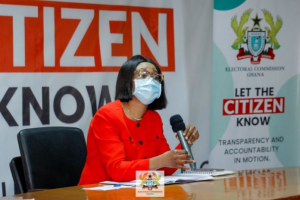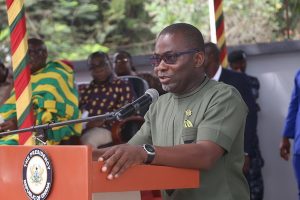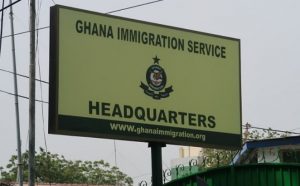Naa Dikomwine Domalae, the President of the Upper West Regional House Chiefs (URHC), has observed that cultural identity plays a crucial role in development planning and must not be relegated to the background.
He expressed surprise that development planners were yet to understand the position and role of culture in their development planning activities to achieve the needed results.
Naa Domalae, who is also the Paramount Chief of the Daffiama Traditional Area in the Daffiaa-Bussie-Issa District, made the observation at the launch of the maiden edition of the Upper West Regional Cultural Week in Wa.
The launch was on the theme: “Reviving our Cultural Heritage; the role of stakeholders,” and attended by Heads of Departments and Agencies, Head of the Security Agencies and Traditional Authorities among others.
The event was organized, in partnership with the URHC, Centre for National (CNC) and Mass Media for Development (Radio Progress).
“Development without a cultural identity is a fluke-culture comes last instead of first and is often perceived as a negative factor in the modern development process” Naa Domalae explained.
He stressed the need for government and development partners to prioritize the cultural, underpinning of the attitude of the people towards issues of national development, saying, “Culture and tradition must be a catalyst for positive change towards economic transformation and national development.”
Naa Domalae also urged the government to collaborate with traditional authorities to document, preserve and promote positive cultural traits for posterity.
The chief implored the media and all stakeholders in the region to join forces towards preserving and promoting the rich culture of the people while assuring that the traditional authorities would also play their part to promote the culture in their jurisdictions.
Mr Yahaya Jamal, the Acting Upper West Regional Director of the CNC, expressed hope that financial constraints could not hinder them from taking initiatives that could help promote the rich culture of the people.
He noted that efforts of the region to nurture its culture were marred by several challenges such as the lack of a befitting office for the CNC, a cultural theatre and craft village.
“In spite of these challenges we remain relentless in seeing to it that our culture remains alive and vibrant,” Mr Jamal observed.







